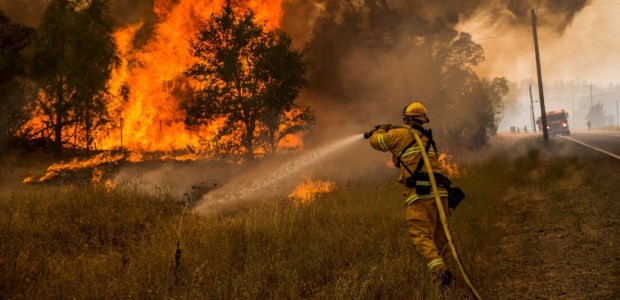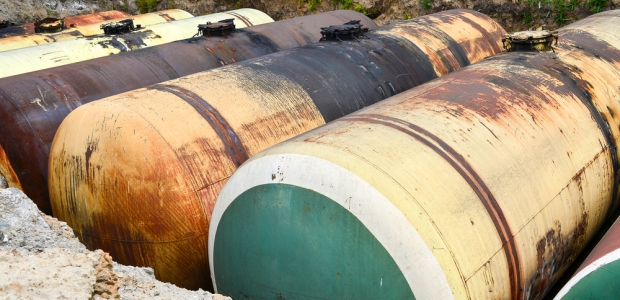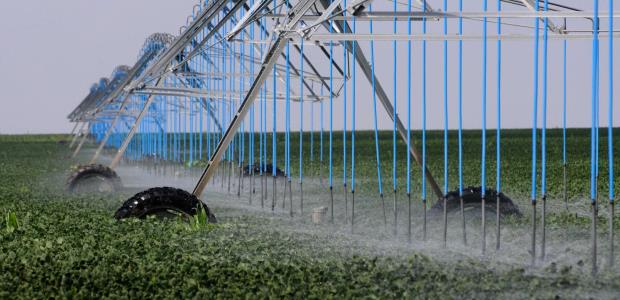Announced Aug. 10 on its website, the project will examine whether DoD's activities comply with relevant environmental and related laws, and also the policies used at the active sites.

During 2017, more than 99 percent of Wisconsin's public water systems provided water that met all health-based standards for regulated contaminants. "In addition to monitoring, measuring system compliance is part of the overall strategy for managing a sustainable supply of safe drinking water," said Adam DeWeese, DNR section chief of the Public Water Supply Section.

In establishing this new rule, the Forest Service is responding to Alaska's petition for a full exemption from the 2001 Roadless Rule.
The parties had submitted a tentative consent decree to the Los Angeles County Superior Court on Aug. 8 to settle the litigation over the Aliso Canyon natural gas leak. At least 109,000 metric tons of methane emissions were released during the leak at the Aliso Canyon natural gas storage facility, according to CARB.

On average, the Washington State Department of Natural Resources responds to 22 wildfires annually on lands it manages that are caused by shooting, a number that includes illegal explosive targets and target practice.

"Urgent action is needed if we are going to tackle the hidden blight of ammonia emissions. These emissions are having a detrimental impact on the environment, precious habitats, and wildlife. As custodians of the land, farmers must take the lead by changing their land management practices," said Emma Howard Boyd, chair of the agency.
"This land and groundwater cleanup is an important puzzle piece in the larger Hanford Project," said EPA Regional Administrator Chris Hladick. "Since these areas are virtually on the banks of the Columbia River, this work to further reduce toxic and radiological threats to the river is particularly important."
The town of Shippagan will construct a sanitary sewer on Tom Street to improve wastewater management. The investment in the new sewer pipe is part of an agreement between Canada and New Brunswick for the Clean Water and Wastewater Fund.
"As more businesses seek to use methyl bromide at log fumigation sites in our state, the lack of specific federal or state regulatory measures for the use of this hazarous air pollutant creates a potential public health risk we must address," said DEQ Division of Air Quality Director Mike Abraczinskas.

Changes the state Department of Ecology has adopted will make the program more effective by streamlining requirements and aligning the rule with state and federal laws.
By Aug. 1, the state's Oil and Gas Conservation Commission will produce an updated list of all such sites known to exist in the state. Gov. John Hickenlooper's executive order expands state efforts to plug, remediate, and reclaim them and to prevent additional wells and sites from being orphaned in the future.
"The TWDB has now committed more than $8 billion in financial assistance since the first cycle of SWIFT funding in 2015," Board Chairman Peter Lake said about the $1.9 billion in financial assistance approved July 26. "The high demand is a testament to the program's success in implementing the state water plan."

"New Mexico is currently the third largest oil producer in the United States, and that oil is accompanied by even larger quantities of water. Clarifying the state and federal regulatory frameworks associated with its recycling and reuse is of the utmost importance," said New Mexico Energy, Minerals and Natural Resources Cabinet Secretary Ken McQueen.
Volunteers are invited to build sand castles using sand that was deposited in an anchialine pool during the 2011 tsunami.

With the demand for water in this country and around the world growing significantly every year, we won't have the luxury of waiting thousands of years for these aquifers to carry water again.

The development of renewable energy technologies has given us plenty of new and energy-efficient products used for homes and home appliances.
The Nevada Division of Environmental Protection will receive a $100,000 Clean Water Act grant to continue the state's water quality management and planning program to improve impaired waters and protect unimpaired waters across the state.

The project brings together scientists from five universities and the NSF-funded National Center for Atmospheric Research. "This is a challenging field campaign," said atmospheric scientist Emily Fischer of Colorado State University. "It's not like measuring the plume from, say, a power plant."
"This penalty is the result of the department's commitment to operator compliance and aggressive enforcement to ensure Pennsylvania's water resources are protected," said DEP Secretary Patrick McDonnell.

"Sharks and the scientists who study them have led us to improvements in aerodynamics, renewable energy, electrical sensors, and health and medical research. Innovative shark research can benefit marine ecosystems and continue to raise public awareness about these important species," said committee Chairman John Thune, R-S.D.